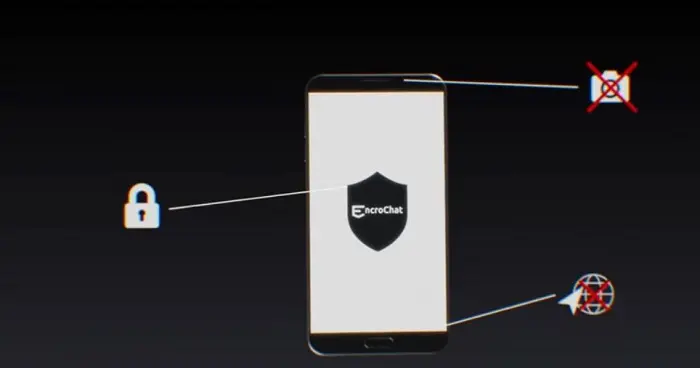
The Public Prosecution Service has used confidential communications between a suspect and his lawyer to identify a suspect in a drug trafficking investigation. The Court of Appeal in The Hague ruled last week that the judiciary and investigators made ‘an error of judgment’ by using the confidential information in evidence, but stated that the error was not serious enough to impose a reduced sentence on the suspect. The public prosecutor receives a slap on the fingers from the Court. That’s what the AD writes.
EncroChat
The criminal case concerns a man from The Hague who is suspected by the police and the judiciary of involvement in large-scale cocaine imports. The evidence against the suspect comes from cracked EncroChat messages. The suspect sent a screenshot of a WhatsApp conversation he had with his then lawyer. That was about another case, in which the man was a suspect and for which a court hearing took place in June 2020. Based on this information, the detectives started searching systems, after which the detectives also found the suspect and he was arrested and ultimately sentenced to seven years in prison.
Legal privilege
This is remarkable, because confidential communication between a suspect and lawyer falls under the legal privilege and the police and the judiciary are not allowed to use that information as evidence against the suspect.
Lawyer Cem Polat says that the Public Prosecution Service should never have prosecuted his client because of the confidential information and argued for this on appeal.
‘In this case, messages from a secret holder have been used to determine who will have a pre-trial hearing on June 11, 2020. The feedback is that this is my client. The suspects, but also we as counselors, must be able to communicate with our clients in peace, without thinking that the Public Prosecution Service will ultimately use this against a client. What happened here.”
Cassation
According to Polat, it is likely that the identification of his client started with the message to his then lawyer. This while the confidential communication, as has also been recorded, should have been destroyed. According to the AD, Polat will appeal in cassation and hopes that the Supreme Court will rule differently.




